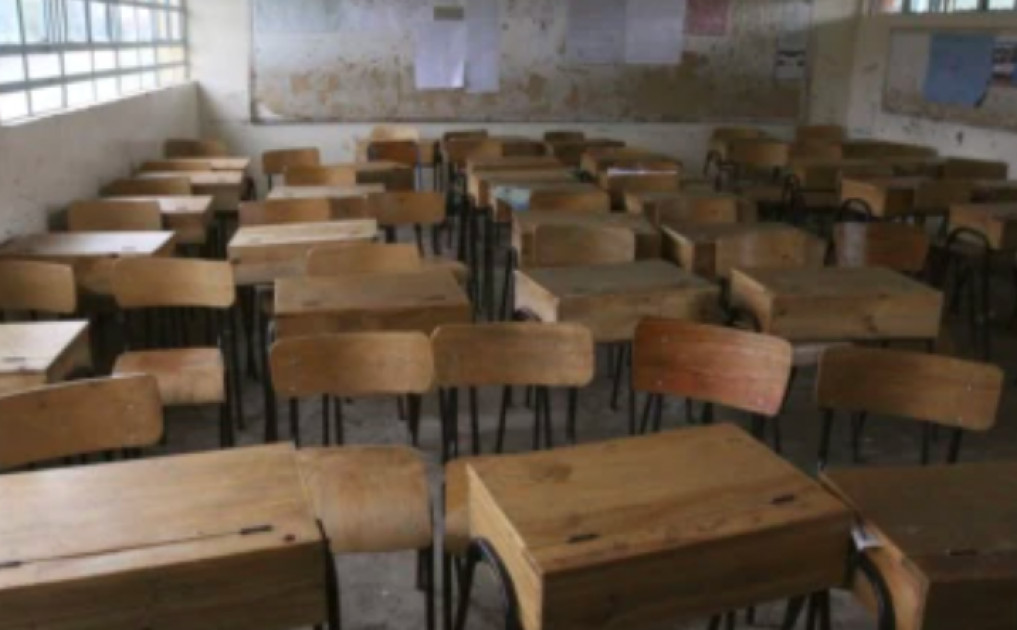Wananchi Opinion: Why many teachers in Kenya don’t like school holidays

School holidays are often perceived as a time for relaxation and rest, especially for students. However, for many teachers in Kenya, school holidays come with various challenges that make them less enjoyable.
While holidays offer a break from daily teaching responsibilities, numerous factors contribute to teachers’ dissatisfaction with school holidays.
Financial instability. One of the primary reasons many teachers in Kenya dislike school holidays is financial instability.
Most teachers in public schools especially those employed by Board of Management (B.O.M), depend on their monthly salaries, which are structured around the school calendar.
Unlike some professions that offer regular salaries throughout the year, such teachers may experience delays in salary disbursement, especially during holiday periods.
Additionally, teachers who supplement their income through tuition and private coaching lose this extra source of revenue when schools close.
Many students, especially those from rural areas, return to their homes and are likely to seek extra tuition, leaving teachers with fewer financial opportunities.
The rising cost of living in Kenya exacerbates this situation, making it difficult for teachers to meet their financial obligations during holidays.
Additional workload. Contrary to popular belief, school holidays do not always mean a complete break for teachers.
Many teachers are required to undertake administrative duties such as preparing lesson plans, grading exams, and developing teaching materials for the next term.
Furthermore, some are assigned duties such as invigilating national exams like the Kenya Certificate of Primary Education (KCPE) and the Kenya Certificate of Secondary Education (KCSE), which extend into the holiday period.
In addition to official duties, teachers are often called upon to attend school meetings, training programs, or workshops.
These activities consume a significant portion of their supposed rest period, leaving them with little time to relax or engage in personal activities.
Lack of professional development opportunities. Teachers in Kenya also face the challenge of limited professional development opportunities during school holidays.
While holidays could be used for skill enhancement, access to quality training programs is limited due to high costs or lack of government support.
Professional development is crucial for teachers to stay updated with new teaching methodologies and curriculum changes.
However, many teachers find themselves idle during holidays with no structured programs to help them advance their careers. This lack of engagement can lead to professional stagnation and dissatisfaction.
Social and psychological challenges. The long school terms provide teachers with a structured routine, and the abrupt transition to holidays can be unsettling for some.
Many teachers, especially those in boarding schools, spend most of their time with students and fellow educators. When schools close, they may feel a sense of isolation and lack of purpose.
Moreover, teachers who work in rural or remote areas often relocate to urban centres during holidays, which can be financially and emotionally draining.
Some struggle to balance family responsibilities and travel expenses, making holidays more stressful than enjoyable.
Increased family and community expectations. During school terms, teachers are busy with their professional duties, but when schools close, family and community expectations increase.
Many teachers are expected to contribute financially to family needs, assist in community projects, and take on additional responsibilities at home.
This pressure can be overwhelming, especially for those already struggling financially.
In some cases, teachers who return to their rural homes during holidays face social pressures to support extended family members. This expectation adds to their stress levels and makes school holidays less appealing.
Addressing these challenges requires policy adjustments, better financial planning, and support programs to ensure that teachers can make the most of their holiday periods.
Mr. Abol Kings is a High School teacher in Kenya.
Want to send us a story? SMS to 25170 or WhatsApp 0743570000 or Submit on Citizen Digital or email wananchi@royalmedia.co.ke
Comments
No comments yet.


Leave a Comment